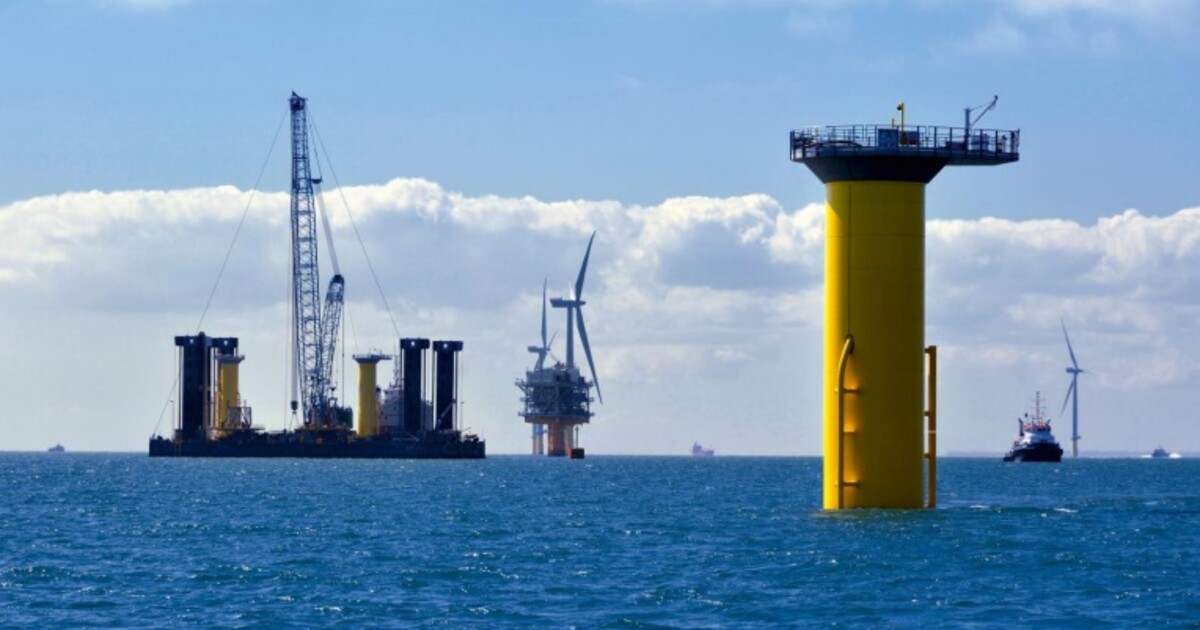Let’s make progress toward the stronger, diversified economy we need

The phoney war that is the annual GERS debate has broken out again. It’s all too predictable, but with Scotland’s public finances under scrutiny I make no apology for once again challenging the dominant assumptions about oil and gas. In 2014 the Green Yes campaign published figures showing that the multinationals operating in the North Sea were receiving around £1 billion worth of tax breaks from the UK Government every year – despite making huge profits.
Just think what that subsidy could deliver instead: a transformation in childcare, recruitment of the teachers and GPs the country needs, or investment in the sustainable new industries which will serve the economy well for the long term. We argued that an independent Scotland could take a different approach, positioning itself as a world leader in offshore decommissioning and publicly-owned renewables.
Whether through the prism of independence or in the context of Brexit, most discussion over oil tends to focus on extracting every last drop, when we know we simply can't afford to do that. The International Energy Authority estimates that no more than one-third of proven reserves of fossil fuels can be consumed prior to 2050 if the world is to achieve even the 2°C goal of limiting global climate change, let alone the higher ambition in the Paris Agreement. We must start building a genuinely sustainable economy, reducing our reliance on a declining industry and instead growing the clean technology and lasting jobs of the future.
Our opponents, who want to duck a serious debate, try to portray us as wanting to shut down the North Sea overnight. While it’s flattering to think we have that much power, in reality oil and gas are already in decline and the economic and industrial change that’s coming must be prepared for. Developing alternatives in both fuel and non-fuel uses such as plastics, electronics, medicines, fertilisers and green chemistry all have huge potential for high quality jobs, and it’s simply baffling that we’re not expanding in these areas. Our chance of becoming a world centre of decommissioning for the fossil fuel industry is slipping away as work goes overseas. This isn’t just a North Sea challenge; it’s a global challenge, and Scots could be at the forefront of it.
Investing in these areas is urgent, and that’s why the focus should be maximising revenue, not extraction. In the run up to the independence referendum, the Scottish Government’s scenarios for oil and gas had an average tax revenue per barrel of £11.32, compared with £27.50 in Norway. The current oil price combined with the UK’s fossil fuel tax breaks to incentivise exploration mean that there’s now hardly any revenue coming in at all. It’s incredibly short sighted - we will simply increase the risk of companies creating what are known as stranded assets by finding new resources than can never be burned.
Looking at these global trends, and at the range of policy choices which governments can make, exposes how ineffective GERS is at informing real scrutiny of our public finances. It doesn’t tell us what revenue and spending would be under independence, but it’s equally unhelpful in telling us about our public finances in the context of today’s increasingly complex financial framework.
In this session of the Scottish Parliament, MSPs are going to have to deal maturely with the new range of taxation powers, much higher capacity for government borrowing, and a convoluted formula which determines the block grant. We need to use these fairly, in a way which helps build the stronger, more diverse economy we need. In the Holyrood election my party put forward progressive proposals that would have seen most working people paying less income tax and most householders paying less property tax, but the wealthy paying more and the total revenue for public services increasing by hundreds of millions of pounds.
In light of the Brexit vote the Scottish Government has said it will bring forward £100 million of capital investment. That’s welcome, but only a start. And the criteria set out for fast-tracking projects is more about their readiness than about whether they address sustainability or equality. There’s a danger this becomes an excuse for more road-building when what’s needed is modern public transport infrastructure and a mass upgrade of insulation and heating systems in our housing stock.
It’s not often I quote ex-SNP MSP and Times columnist Andrew Wilson, but it’s hard to disagree when he says greater autonomy for Scotland is an “urgent economic imperative” but also warns that “the conduct of our debate will need to dramatically improve.”
So let’s end the phoney war. Let’s acknowledge that oil and gas cannot offer a secure economic basis for the future, with or without independence, and let’s debate instead how we make progress toward the stronger, diversified economy we need.
This article first appeared in the National
